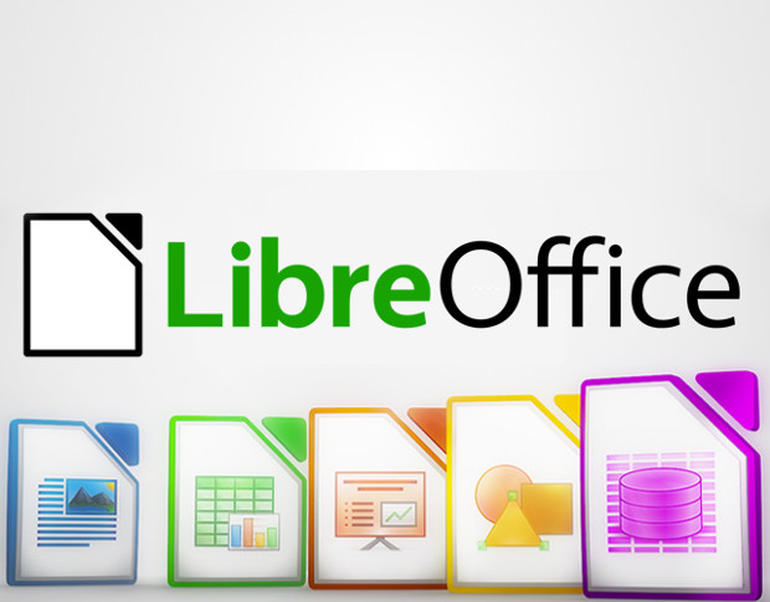

Schleswig-Holstein Declares Digital Independence: A German State Drops Microsoft for Open Source
In a bold move challenging the dominance of U.S. tech giants, the northern German state of Schleswig-Holstein is executing a complete digital overhaul, phasing out Microsoft software across its administration in favor of open-source alternatives. The decision, framed as a critical step towards “digital sovereignty” and regaining control over data, marks a significant escalation in the global debate over reliance on proprietary technology, particularly from American corporations.

“We’re Done with Teams!”: The Radical Shift
By September 2025, nearly all of the state’s 60,000 civil servants – including police officers and judges – will cease using Microsoft’s ubiquitous tools like Word, Excel, Outlook, and crucially, the collaboration platform Teams. Digitalization Minister Dirk Schroedter delivered the message emphatically during an interview conducted, fittingly, via an open-source German video platform: “We’re done with Teams!”

The migration is already underway. The first phase, targeting half the state’s employees (excluding teachers initially), involves:
- Replacing Microsoft Word and Excel with LibreOffice.
- Substituting Microsoft Outlook for email and calendars with Open-Xchange.
- Phasing out Microsoft Teams entirely.
The plan extends far beyond office suites. Within the next few years, Schleswig-Holstein aims to complete its digital divorce from Microsoft by migrating its operating systems from Windows to Linux. An additional 30,000 teachers will follow suit in subsequent phases.
Motivations: Sovereignty, Security, and Geopolitics
Minister Schroedter articulated the core drivers as reclaiming control over data storage and ensuring “digital sovereignty.” This concept has gained intense urgency against a backdrop of escalating U.S.-EU tensions following Donald Trump’s return to the White House.
“The geopolitical developments of the past few months have strengthened interest in the path that we’ve taken,” Schroedter stated, noting global inquiries about the initiative. He drew a stark parallel: “The war in Ukraine revealed our energy dependencies, and now we see there are also digital dependencies.”
The state explicitly links its decision to concerns about the power wielded by U.S. tech titans. Microsoft, in particular, faces scrutiny due to its dual dominance in operating systems (Windows) and office productivity software, creating a near-unavoidable ecosystem. The European Union’s 2023 antitrust investigation into Microsoft’s bundling of Teams with its Office suite underscores these competitive concerns.
Further solidifying its sovereignty stance, Schleswig-Holstein plans to migrate its data storage away from Microsoft-controlled clouds towards systems relying on publicly owned German digital infrastructure.
Economic Drivers and Implementation Challenges
Beyond geopolitics, significant economic incentives exist. Experts like Benjamin Jean from consulting firm Inno3 point out that while initial investment in open-source software and staff training is required, the long-term savings on proprietary licenses can be substantial. This is especially true when organizations face unexpected costs for mandatory updates, a situation Jean describes as being taken “by the throat.” The state anticipates savings in the “tens of millions of euros” over time.
However, the transition is not without hurdles. Francois Pellegrini, an IT professor at Bordeaux University, warns of potential staff resistance driven by fear of change and disruption to established workflows. “If people aren’t guided through it, there’s an outcry and everyone just wants to go back to how it was before,” he cautioned. Effective change management will be crucial.
Precedents and the Broader Trend
Schleswig-Holstein is not venturing into entirely uncharted territory, but the scale of its migration is notable. The experience of Munich serves as a cautionary tale; the city famously adopted Linux and open-source software in the early 2000s (the “LiMux” project) only to largely revert to Microsoft in 2017, citing integration difficulties and lack of political continuity.
Conversely, successes exist:
- France’s national gendarmerie (approx. 100,000 personnel) has successfully used Linux since the 2000s.
- India’s Defence Ministry reportedly launched its own “Maya OS” (Linux-based) in 2023.
- Reports suggest major Danish municipalities like Copenhagen and Aarhus are exploring similar moves away from Microsoft.
The European Union’s “Interoperable Europe Act,” effective since 2024, further encourages the adoption of open-source solutions to improve cross-border digital public services, potentially accelerating this trend.
A Pioneering Gamble with Global Resonance
Schleswig-Holstein’s ambitious migration is a high-stakes experiment in public sector digital autonomy. Driven by a potent mix of geopolitical anxiety, economic pragmatism, and a desire for technological self-determination, the state is betting that open-source software can meet the complex needs of modern governance. While the specter of Munich’s reversal looms, successes like the French gendarmerie offer hope.
As Benjamin Jean observes, “Within the space of two or three years” Schleswig-Holstein and other potential pioneers will provide critical real-world feedback. Their success or failure will resonate far beyond Germany’s borders, offering valuable lessons for governments worldwide grappling with the power of tech giants and the pursuit of true digital sovereignty in an increasingly fractured digital landscape. The world is watching to see if Schleswig-Holstein can truly take back control.
Leave a Reply